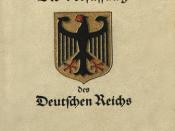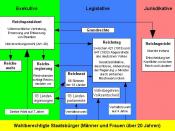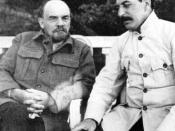The communists also regarded their government and their revolution not as local events in a national history but as epoch-making events in the history of the world and the development of humanity. Communism was an exportable commodity that could disrupt the political life of other nations, and throughout the history of the Soviet Union, its leaders sought to export its ideology and doctrines. Apart from what he termed "the commanding heights" of banking, heavy industry, transportation, and international commerce, the government would tolerate private economic enterprise. In particular, peasants could farm for profit. They would pay taxes like other citizens, but they could sell their surplus grain on the open market. The New Economic Policy was in line with Lenin's earlier conviction that the Russian peasantry held the key to the success of the revolution. The NEP was ultimately successful. The Russian Revolution could have succeeded without Lenin, but he needed to leave someone in place of himself to carry on his views and policies.
When Lenin died, the resulting power vacuum led to an intense struggle for the leadership of the party. Two factions emerged. One was led by Leon Trotsky; the other by Joseph Stalin who had become general secretary of the party in 1922.
Stalin's power base lay with the party membership and in the day-to-day management of party affairs. Consequently, he was able to withstand the posthumous strictures of Lenin. He cunningly used his control over the Central Committee of the Communist Party to edge out Trotsky and his supporters. By 1927 Trotsky had been removed from al his offices, expelled from the party, and exiled to Siberia. In 1929 he was forced out of Russia and eventually moved to Mexico, where he was murdered in 1940, presumably by one of Stalin's agents. With Trotsky...



Study notes...
You are certainly providing cheathouse.com with a commendable batch of notes, ccmustangs2001.
Well written, very thorough and detailed making for an excellent research tool.
Great Job, ccmustangs2001.
3 out of 3 people found this comment useful.